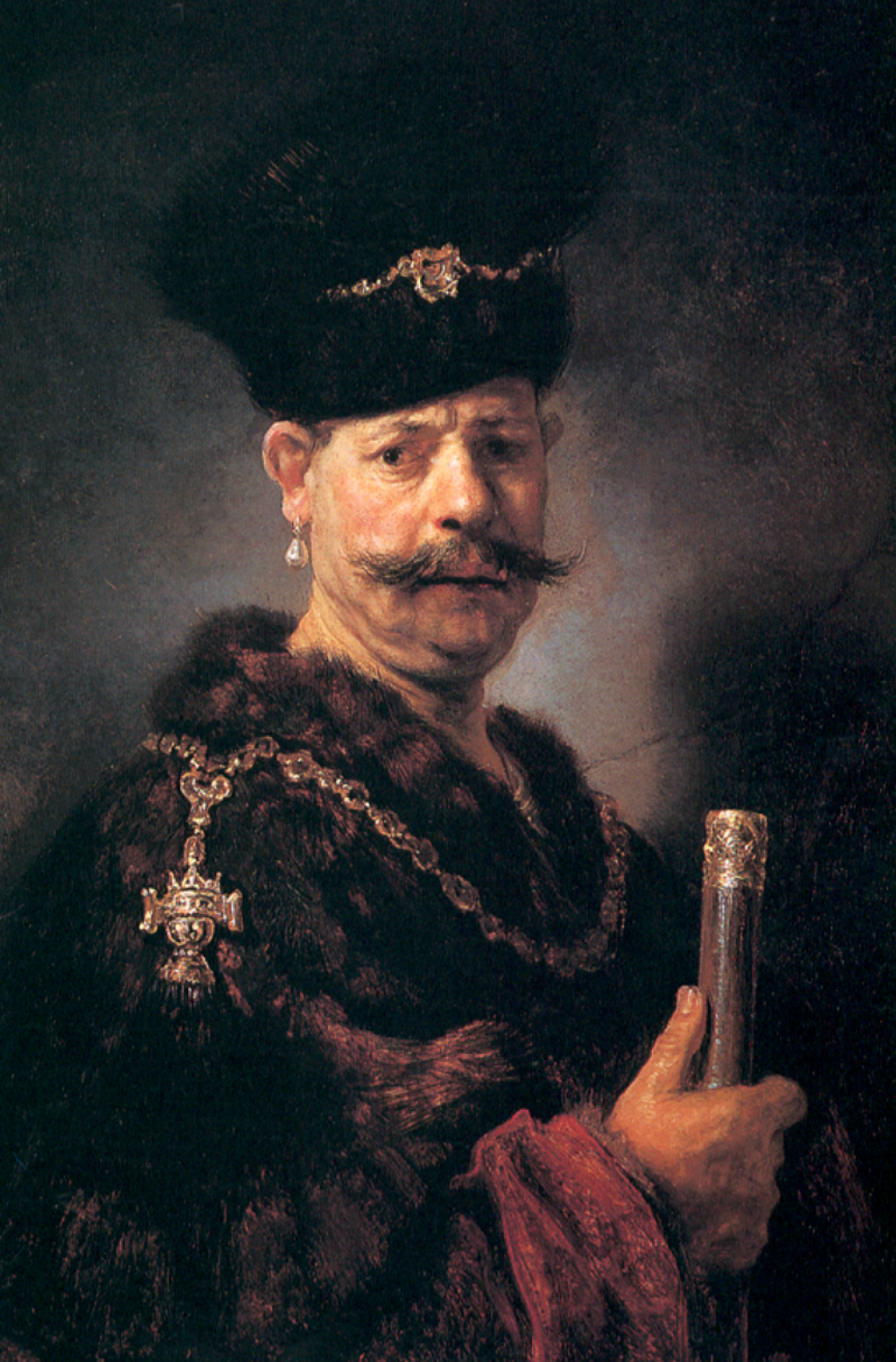This is the sixth installment of the Pelagia and the White Bulldog portion of “Rereading Akunin .' For the introduction to the series, and subsequent installments, go here.
Chapter 6
A Soirée
More than any other chapter in Pelagia and the White Bulldog, Chapter 6 has an oddly complicated relationship with tedium. Once again, the narrator emphasizes the dull irrelevance of provincial life, this time by telling his readers that we are skipping ahead one month in order not to bore them. Whereupon the narrator immediately shifts to the most eventful part of this section of the narrative: the public resonance and acts of violence in connection with the unjustified persecution of the Zyt minority. And then things get really boring.
First, though, the good stuff. The allegations of Zyt ritual murder are so scandalous that “[t]he modest name of our province thundered resoundingly throughout the length and breadth of Russia, even echoing beyond its borders,” with one side calling Bubentsov’s crusade “medieval obscurantism” and a “new inquisition,” and the other side defending it as “a holy war for Russia, our faith, and the Church of Christ.” So basically we’ve wandered onto territory somewhere between the Beiils Affair and the Pussy Riot trial.
Random Zyts are arrested and paraded through town, while other Zyts attack their convoy in order to free them. As a result, Bubentsov’s stock is even higher than before, while Bishop Mitrofanii’s position starts to look vulnerable.
Lest we get carried away with the excitement sparked by actual action, the narrator reassures us that things aren’t usually this interesting, because life in the province of Zavolzhsk “had appeared to be soundly and intelligently constructed, not having been built from the roof down, as in the other Russian provinces, but from the foundation up.” It turns out that Zavolshk is, if not a utopia, at least an island of sanity and good governance in the sea of provincial malfeasance and degradation.
Sadly, the rest of the chapter has one thing in common with utopias: it turns into an earnest, soporific discussion of the provinces' virtues, their origins, and their possible applicability to the rest of Russia. It’s time either to put on a pot of coffee or skim our way to the next chapter, because Akunin is going to use Mitrofanii to lecture about How Things Ought to Be.
Once again, the narrator expresses concern for his readers patience. The section entitled “The Conversations of His Grace Mitrofanii” begins with a “brief interpolation” consisting of the following advice:
“For those who are following our tale only in order to discover how it concludes, and who have no interest in the history of our region, it is permissible to omit this brief section completely. No damage will be caused to the elegant line of the narrative as a result.”
If only Turgenev had been kind enough to say something similar when he was about to describe trees and meadows! Or if Aksakov had said the same thing about the entirely Family Chronicle. Akunin is about to bore you, but at least he’s polite about it.
This is the point in the chapter when Pelagia and the White Bulldog takes a brief vacation from being a novel, in order to detour into Socratic dialogue. It even copies the bland replies Socrates’ interlocutors usually give when the philosopher inevitable says something incisive; “I entirely agree”; “Truly, that is so.” Like the later books of The Republic, this part of Chapter 6 is a monologue halfheartedly pretending to be a dialogue.
One might think there is no reason to ascribe Mitrofanii’s viewpoints to Akunin himself. This is still (technically) a novel, and Akunin excels at writing believable characters who assert opinions that Grigorii Chkhartishvili could not possible share. But this section is different, for two reasons: first, the parallels between Mitrofanii’s description of late nineteenth-century provincial woes and their remedies on the one hand, and the situation in the Russian Federation when this novel was published, are obvious.
More revealing is the concept that is central to Mitofanii’s prescriptions: dignity. The Russian word used her is достойнство, while Akunin’s preferred term in extra literary conversations is “чувство собственного достойнства,” which he finds so important he even gives it its own abbreviation (ЧСД). The phrase is usually translated into English as “self-esteem,” which sounds a bit to new-agey for Akunin’s purposes. I would stick with dignity, or perhaps integrity. [1]
Far be it from me to argue against dignity or integrity. And I certainly understand why Akunin, a historian who is particularly concerned with the relationship between the individual and the state in Russia over the centuries, sees it as so important.
But I can’t help but think I should have followed the narrator’s advice and skipped ahead to the next chapter.
Note
[1] Much later, Akunin will even coin a new term to cover this concept: aristonomy.



